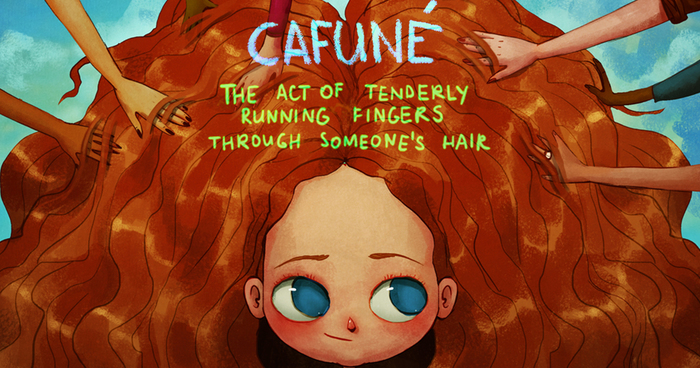
14 Untranslatable Words Turned Into Charming Illustrations
The English language contains one million, twenty five thousand, one hundred and nine words. Even so, there are certain words that don’t exist in English language but do in others, used to describe certain feelings and situations.
UK-based artist Marija Tiurina has crafted a new series called “Untranslatable Words” for NeonMob. It contains fourteen detailed illustrations that convey these moments for which no single English word can describe.
More info: neonmob.com | Facebook | marijatiurina.com
Cafuné – the act of tenderly running fingers through someone’s hair
Brazilian-Portuguese: For the third time in my life, I’m caught in a daze, I tripped over the heart of a beautiful girl, and stumbled, helpless, straight into her gaze, now nothing else matters, but her beautiful curls. People might tell me that this is a craze, “it’s nothing, you fool, but the honeymoon phase!” But I don’t believe them, no, not for a day, I’ll run my fingers through her hair, and practice “Cafune”.
Palegg – anything and everything that you can put on a slice of bread
Norwegian: From pickles and olives to juicy tomatoes, from cheese and butter to turkey and dill, from beets and greens to slices of potato, your stomach together all these things would fill. So isn’t it grand that most anything around, from garlic to mustard to ham by the pound, if it fits on some bread, whether a carrot or an egg, then it fits in the category of “Palegg.”
Gufra – the amount of water that can be held in a hand
Arabic: Water without shape is strength and calm, at once so tranquil, and then a storm, it sustains our lives, but before long, can cut through cliffs, by making worn, the stone, the sand, in all different sizes, water itself is filled with surprises, what water fits in two hands, whether it drains or rises, is known as a “Gufra,” which comes in all different sizes!
Baku-Shan – a beautiful girl – as long as she is being viewed from behind
Japanese: People naive would have us believe there is no harm in words unkind, “sticks and stones can break my bones,” but words? Well words can break your mind. And so it is that in Japan, there is this word, named “Baku-shan.” It pinpoints a person possibly pretty, but from the front, she’s no real beauty.
Schlimazl – a chronically unlucky person
Yiddish: One morning she woke with a grin on her face, but quickly she stumbled and smashed her best vase, after smashing her vase, she fell straight from grace, and her fortune became but a bad aftertaste. For years on end she suffered bad luck, her house burned down and she crashed her truck, how painful, how sad, her fortune was tousled, and now and forever she’s known as a “Schlimazl!”
Duende – the mysterious power that a work of art has to deeply move a person
Spanish: There is a hidden power, deep within paint, deep within music and words and such, this power can cause a person to faint, simply by viewing the strokes of a brush, the Spanish call it “Duende,” that secret, warm flutter, that speeds up the heart, and makes muscles shudder. If art can evoke such feelings of awe, then art must be wired to some spiritual maw.
Age-Otori – to look worse after a haircut
Japanese: Today is my day, I’m free of all fear! In this world today I couldn’t have a care, my body is healthy, my conscience is clear, I’ll start this day off by cutting my hair! First snip the sideburns, those scissors are fangs, hungry for tangles, and fibers and bangs, wait, slow down, Mr. Barber, you’ll ruin my story! Oh great, it looks like this haircut is an “Age-Otori.”
Kyoikumama – a mother who relentlessly pushes her children toward academic achievement
Japanese: If you spent your childhood in a daze, working yourself into a premature trauma, it’s probably because your mother was crazed, what the Japanese call a “Kyoikumama.” But do not worry, no, don’t fret, this time of mom is the best to get, for she makes you work hard, until it is clear, your future is bright with a perfect career.
L’appel Duvide – instinctive urge to jump from high places
French: We all know the feeling: a sudden, cold rush, that from the rooftops and places high, brings us bewilderment, makes us blush, makes us want to take a dive. Perhaps a shade of instinct past, we were once birds, too slow from fast, and now a remnant of that urge to fly free, presents itself as “L’appel Duvide.”
Luftmensch – refers to someone who is a bit of a dreamer, and literally means “air person”
Yiddish: There is a lady in the sky, she’s grazing clouds and kissing birds. Where did she discover the power to fly? A magic spell? Teach me the words! Alas, oh no, it is no spell, but instead, as truth will tell, a simple mindset, a unique sense. That lady there is a “Luftmensch!”
Tretar – is a second refill, or “threefill”
Swedish: How did you guess, my gentle friend, that I would love a cup of joe? Perhaps the way the light did bend, reflecting off my troubled nose. You saw the ache there, yes, fatigue, well I’m still tired, do you believe? I need a third cup of coffee, dark, I’ll pound the counter and yell “Tretar!”
Torchlusspanik – the fear of diminishing opportunities as one ages
German: I used to ski every Sunday at three, but now I just sit and I watch the TV. It’s not because I’m old, no I swear, that’s not me! It’s mainly because I tweaked my left knee. What? Oh yes, I used to play ball, every Friday at four, now I stare at the wall. Maybe you’re right, though I can’t even stand it, I think I’m a victim of “Torschlusspanik.”
Schadenfreude – feeling of pleasure derived by seeing another’s misfortune
German: When shame is shared through months and years, the strength of time dispels such visions, painful memories become less clear, and lead to less childish decisions. Alas, when another falls in shame, it brings one back to that state again, to relish in their pain, to sneer and loiter, is the game of the “Schadenfreude.”
Tingo – the act of taking objects one desires from the house of a friend by gradually borrowing all of them
Pascuense: There are such things as envy and greed, which can even exist ‘tween the best of friends, the former occurs when one is in need, the other occurs again and again. One can satisfy such cravings quite easily, just borrow and borrow, it’s reasonably easy, to steal by borrowing, frames, cards, games, bingo! You’ve stumbled upon the act of “Tingo.”
443Kviews
Share on FacebookI can't help but notice that's there's a mistake : "l'appel duvide" is written "l'appel du vide" x) Except this, you did a great work! :)
Thank you for pointing that out, I qas going to! It is l'appel du vide, it literally translates as "the call of the void"
Load More Replies...Actually DUENDE means ELF... I don't know who told the author about that but it's not true...
It does but it has other meanings too! http://en.wikipedia.org/wiki/Duende_(art)
Load More Replies..."Saudade" from portuguese language would be a great addition to this list
Agreed. There's no clear parallel in Spanish or English that I can think of. "Morriña" in Spanish is another one.
Load More Replies...Greetings here from Holland. About "Palegg" , I think it sounds and means something like the Dutch "beleg" (het -).
It's "Pålägg". På=On top, Lägg=Put, so "put-on-top" basically :-)
Load More Replies...You missed saudade, in portuguese, means missing someone or something so much that it physically hurts! :)
I can't help but notice that's there's a mistake : "l'appel duvide" is written "l'appel du vide" x) Except this, you did a great work! :)
Thank you for pointing that out, I qas going to! It is l'appel du vide, it literally translates as "the call of the void"
Load More Replies...Actually DUENDE means ELF... I don't know who told the author about that but it's not true...
It does but it has other meanings too! http://en.wikipedia.org/wiki/Duende_(art)
Load More Replies..."Saudade" from portuguese language would be a great addition to this list
Agreed. There's no clear parallel in Spanish or English that I can think of. "Morriña" in Spanish is another one.
Load More Replies...Greetings here from Holland. About "Palegg" , I think it sounds and means something like the Dutch "beleg" (het -).
It's "Pålägg". På=On top, Lägg=Put, so "put-on-top" basically :-)
Load More Replies...You missed saudade, in portuguese, means missing someone or something so much that it physically hurts! :)

 Dark Mode
Dark Mode 

 No fees, cancel anytime
No fees, cancel anytime 






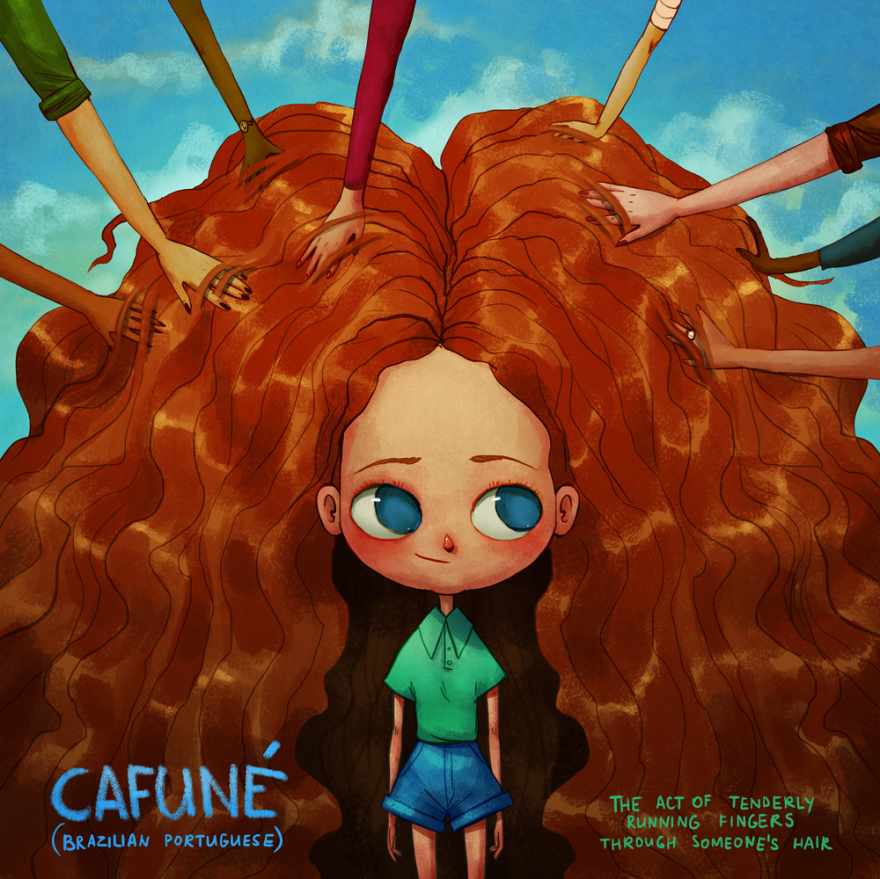
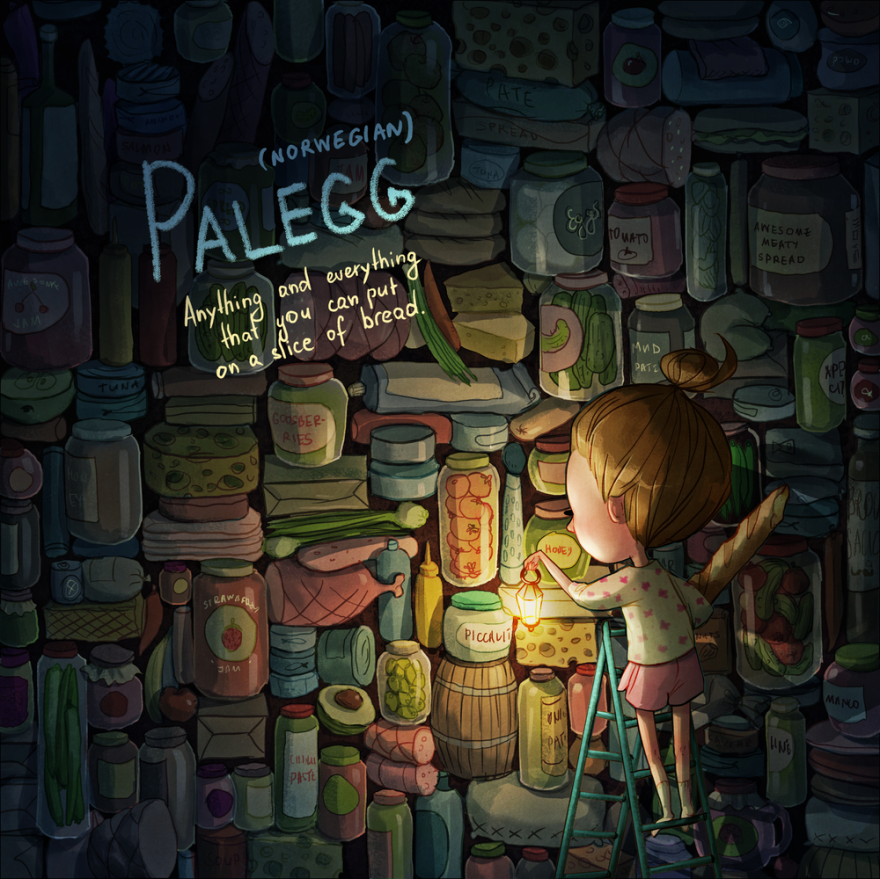
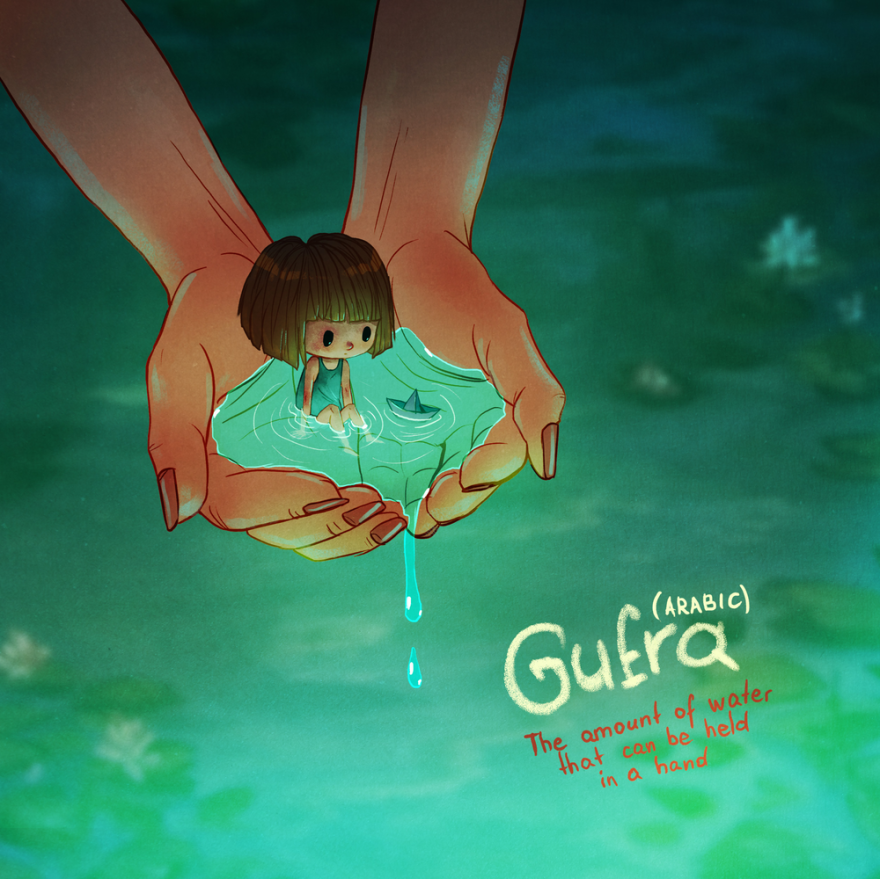

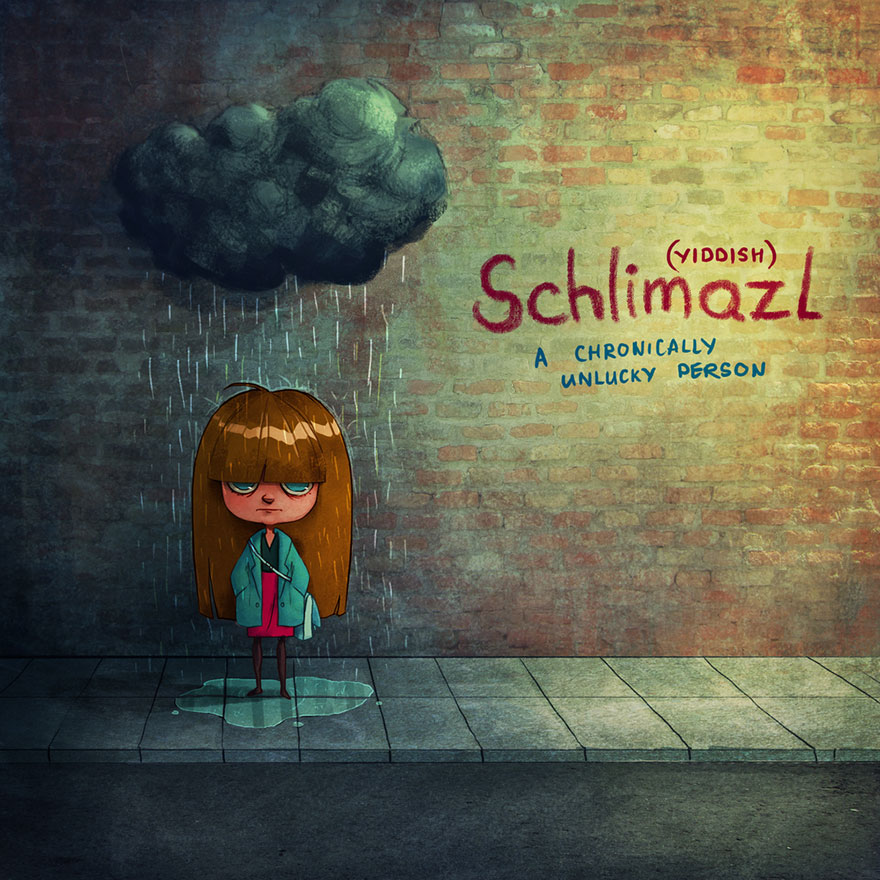
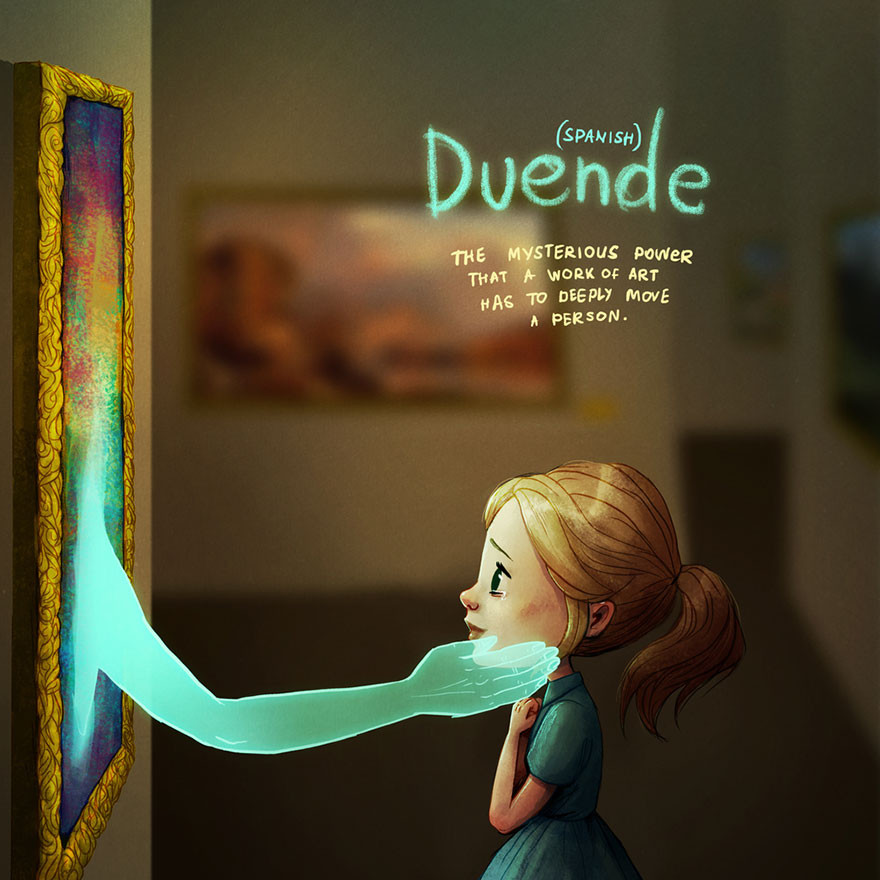
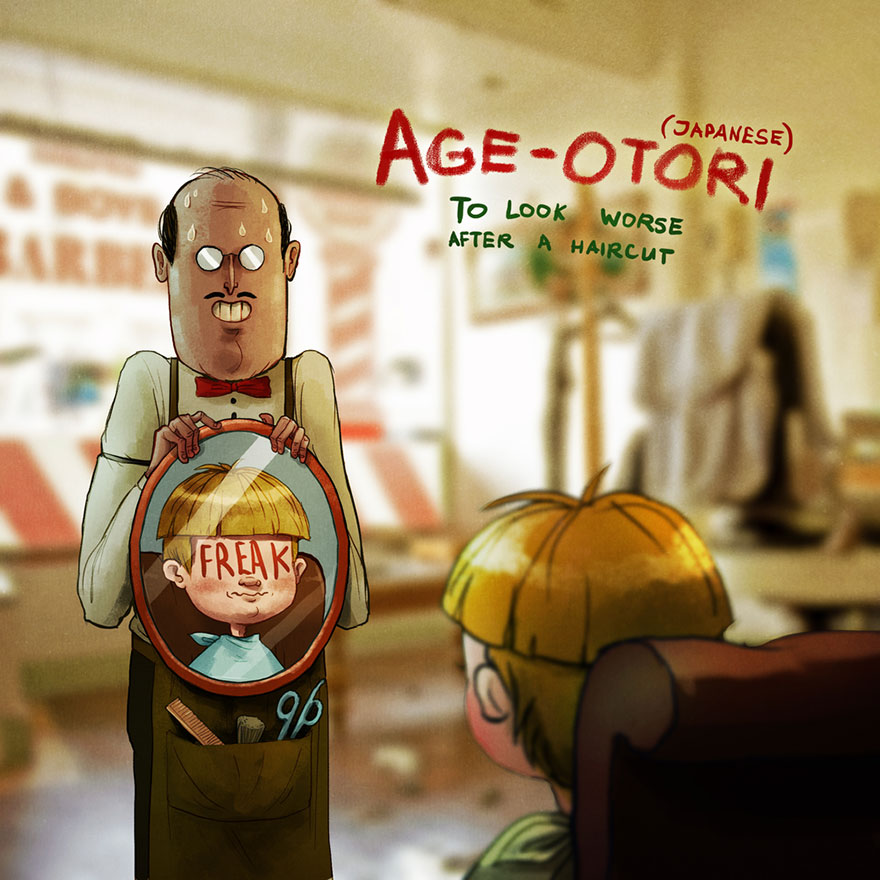
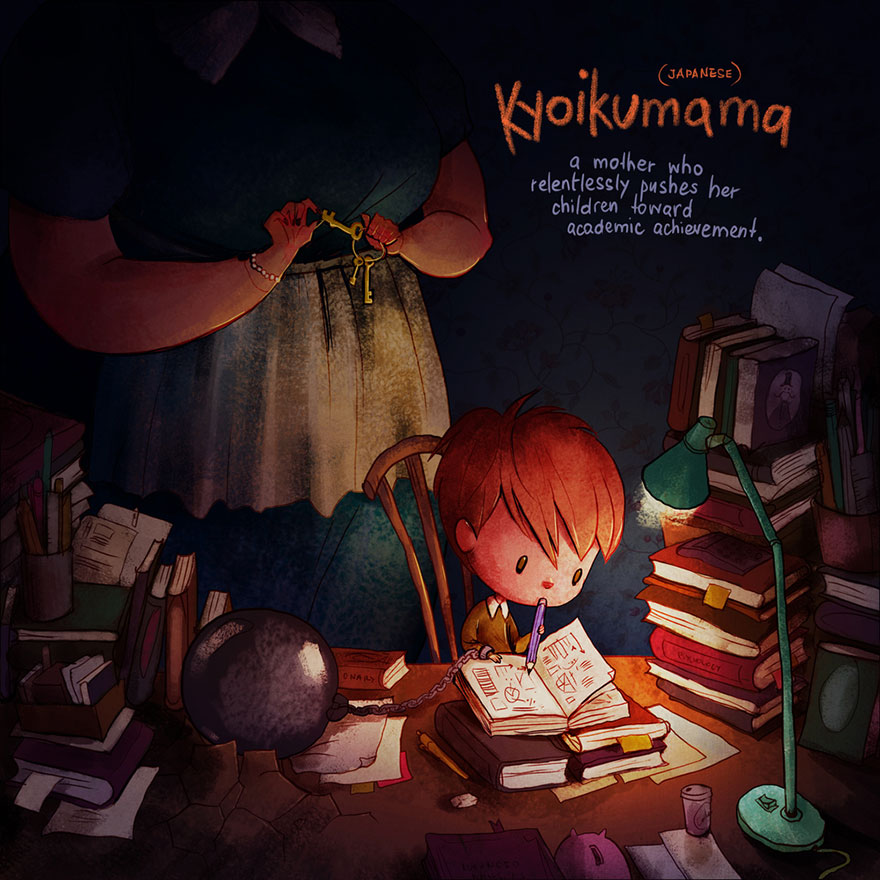
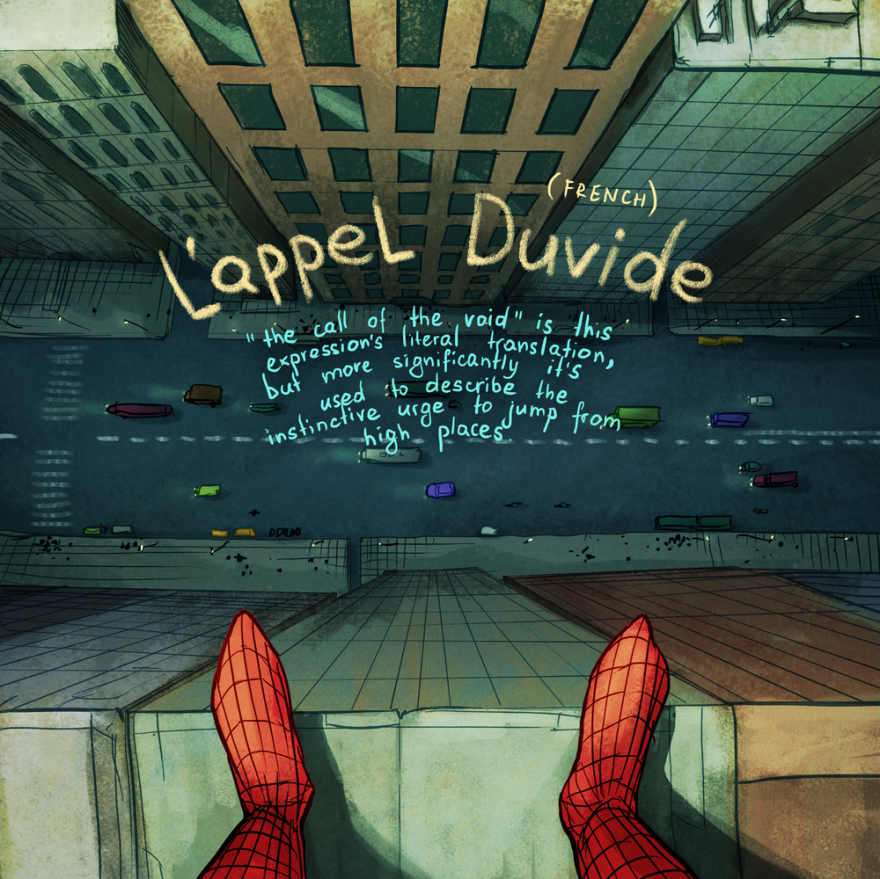

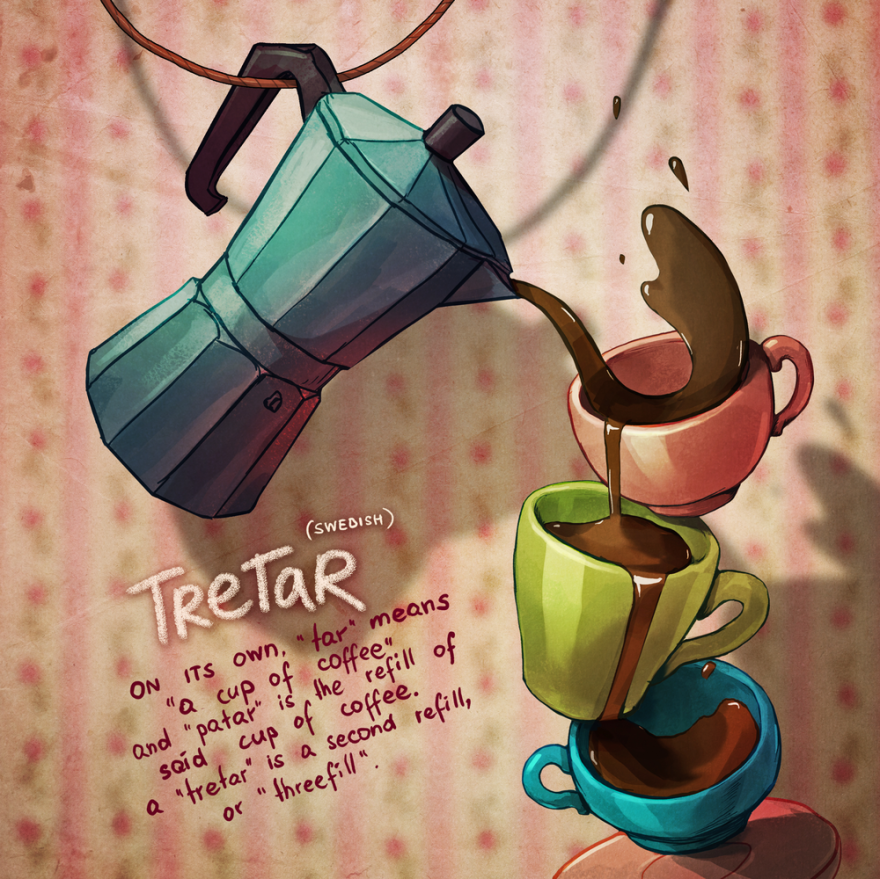
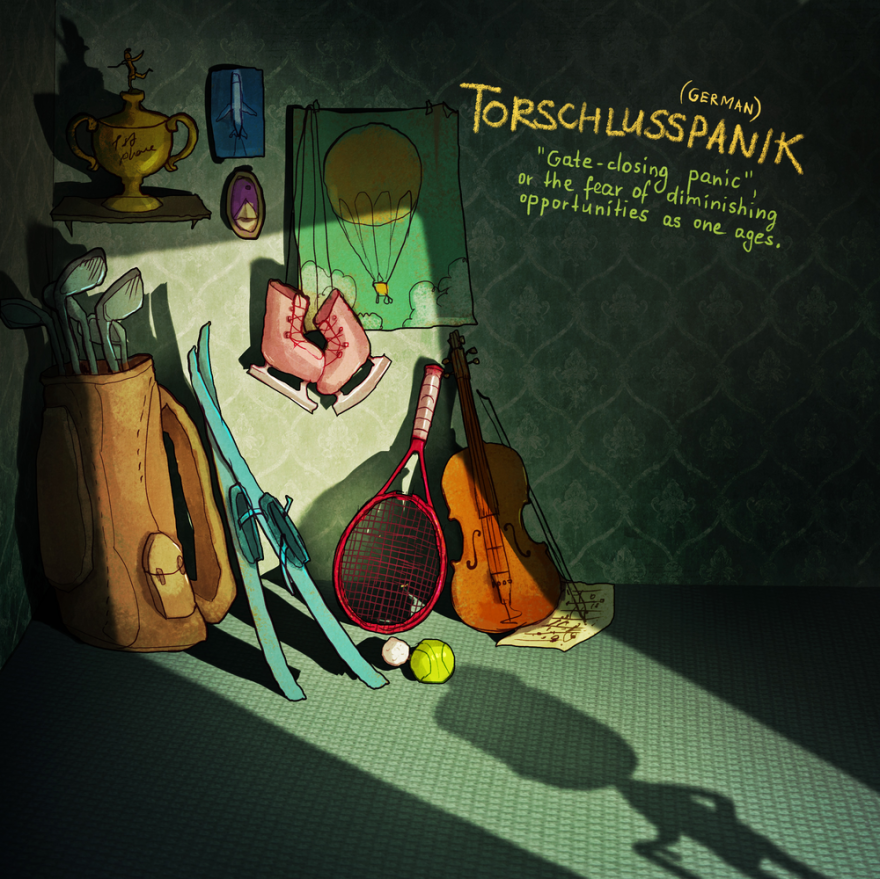
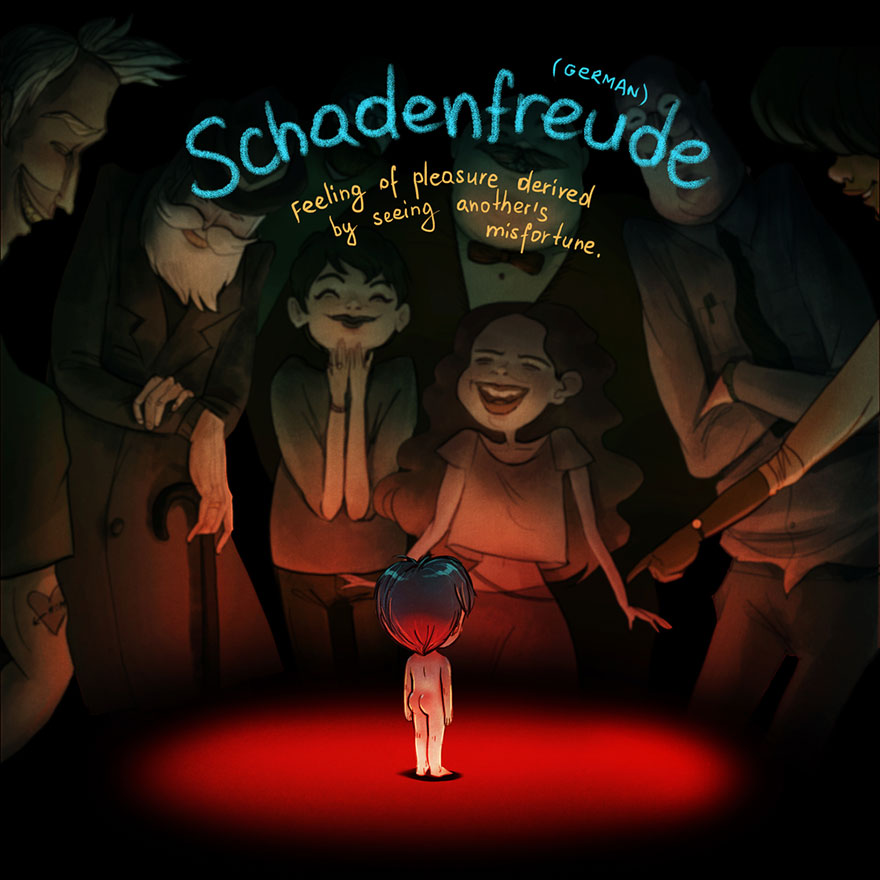
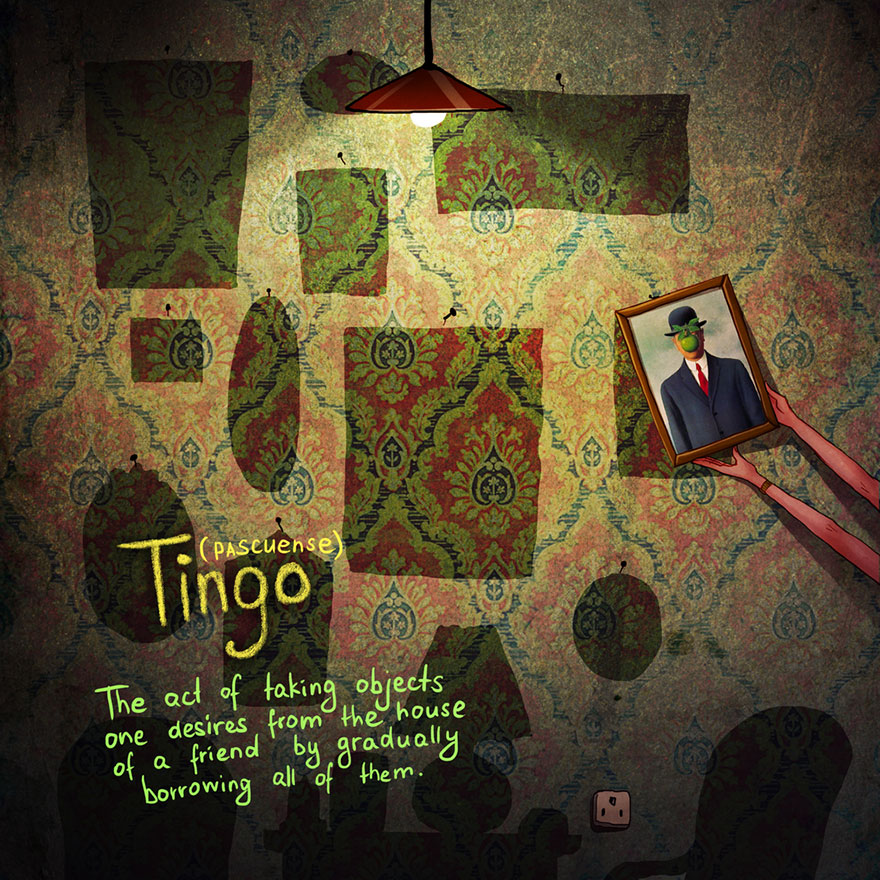
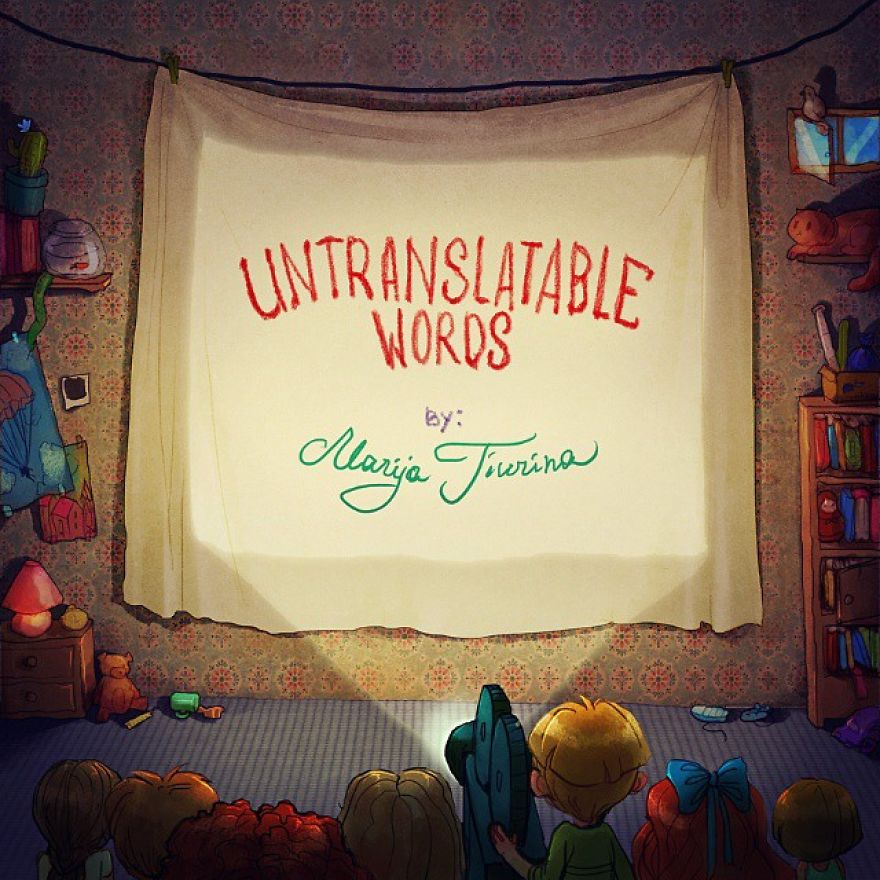





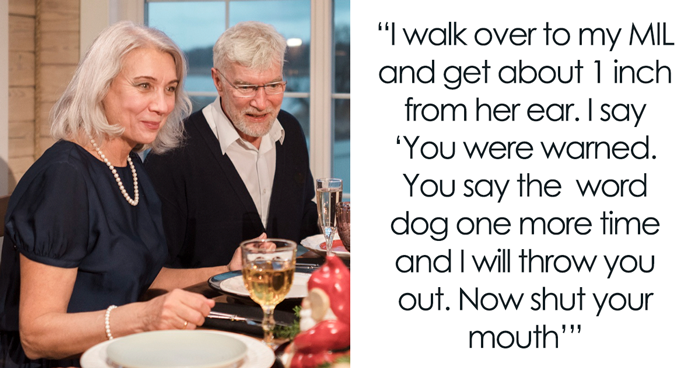



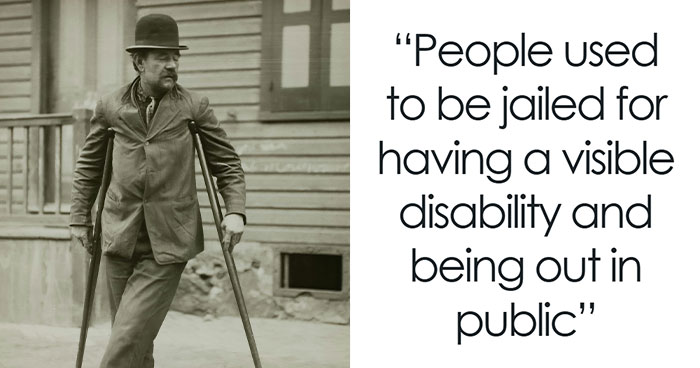
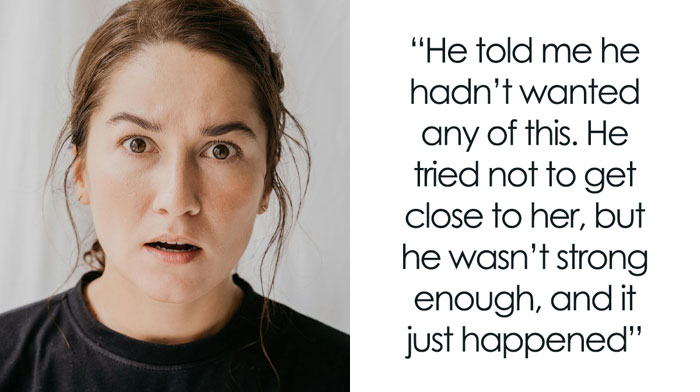
































392
181